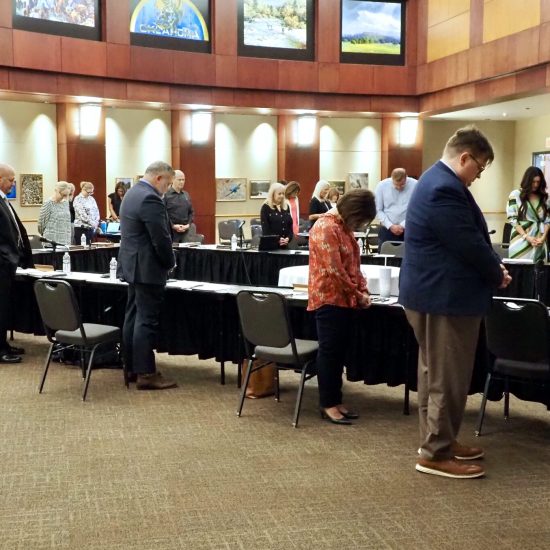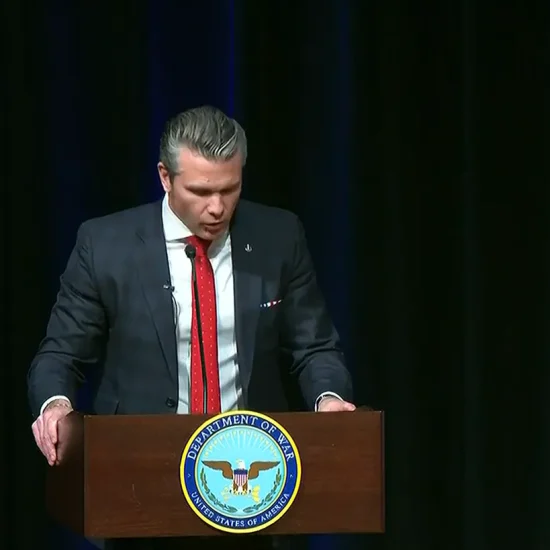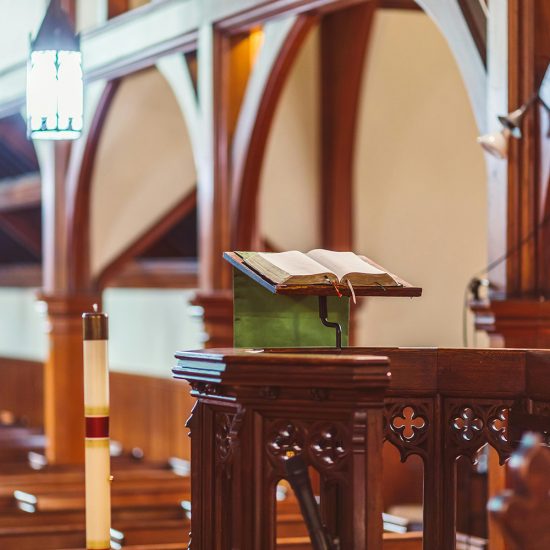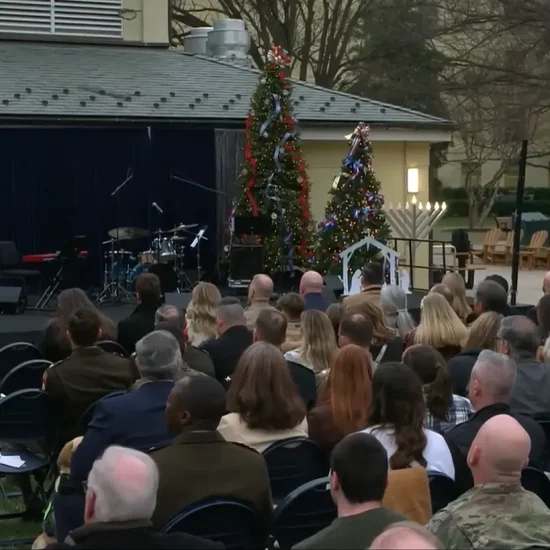(RNS) After a year of anticipation, the Supreme Court heard oral argument this week in a case involving religious liberty, federalism and original intent. The justices did so despite a recent development that changed the dynamics of the dispute.
Gravel paves the playground of Trinity Lutheran Church’s Child Learning Center in Columbia, Mo., on Oct. 18, 2016. (RNS photo by Sally Morrow)Last Thursday (April 13), less than a week before the justices heard argument in Trinity Lutheran Church of Columbia v. Comer, the new governor of Missouri announced a policy change that would allow state aid to flow to houses of worship.
 Gravel paves the playground of Trinity Lutheran Church’s Child Learning Center in Columbia, Mo., on Oct. 18, 2016. (RNS photo by Sally Morrow)This created uncertainty as to whether Trinity Lutheran even has a claim for the court to decide.
Gravel paves the playground of Trinity Lutheran Church’s Child Learning Center in Columbia, Mo., on Oct. 18, 2016. (RNS photo by Sally Morrow)This created uncertainty as to whether Trinity Lutheran even has a claim for the court to decide.
Before Thursday, Missouri state policy didn’t allow tax dollars to be used to improve church properties. Its constitution, like those of 38 other states, prohibits government aid to churches (and other houses of worship). That’s a good rule for both church and state, consistent with our country’s fundamental commitment to religious liberty. This bedrock principle survives any decision by a single political actor.
Churches are organized specifically for religious purposes, such as worship, teaching and spreading the faith. They are the quintessential expressions of religion. A fundamental value of our constitutional tradition is to avoid government funding of religion and allow religion to flourish on its own.
By drawing a bright line to keep the institutions of government separate from churches, Missouri recognized for nearly 200 years the special status of churches and showed respect for religion.
Trinity Lutheran Church sued when it was denied a chance to participate in a small, discretionary funding program aimed at reducing landfill waste by encouraging the use of scrap tire material for playground surfaces. Missouri designed the environmental program consistent with state policy to avoid funding religion. Trinity Lutheran argued that the court should force Missouri to ignore its own state constitution and spend tax dollars to improve the church’s property.
Far from a mark of discrimination against religion, this bright-line rule reflects a core concern for religious liberty — keeping government out of religion. The founders were familiar with the perils of using taxation to support religion. Avoiding tax support for churches and ministers was a key focus in the fights for disestablishment of religion.
Missouri’s no-aid provisions date to 1820 and mirror language in Thomas Jefferson’s famous Virginia Statute for Religious Freedom, a precursor to the First Amendment.
While government and churches have changed a lot since the founding era, religious liberty is still best protected by separating the institutions of religion and government and avoiding government sponsorship of religion. This is not simply a matter of history or originalism. Churches continue to be treated as special legal entities, exempt from many rules and regulations out of respect for doctrine, church autonomy and the preservation of religious freedom.
The court should reject arguments that a state must fund a church’s capital improvements because the program’s goals are environmental, not religious, and because the building materials are not inherently religious. Surely, the state does not have to build churches, even if it only uses “secular” building materials.
It also shouldn’t be taken at face value that any part of the church, such as the playground in this case, has nothing to do with religion. Biblical lessons in kindness, caring and sharing are certainly a focus for church preschool workers who supervise children as they play together and take turns on the swings and slides.
Even if a church seeks to divide its property into religious and secular areas to gain access to a grant, the government should not be required to adopt a policy that encourages such arrangements and requires the state to verify them.
The notion that the state’s line-drawing is in any way hostile to religion flies in the face of history and common sense. To avoid unconstitutionally funding religion or unnecessarily meddling in church affairs, Missouri has in the past wisely chosen to prohibit state funding of churches altogether.
Questions from the justices at oral argument of the case show just how hard it is to find a workable and constitutional line that is not a bright-line prohibition on aid to churches.
It is too soon to know the scope and ramifications of the governor’s new policy to allow churches to get government aid or what the court will decide.
The change could very well subject churches to more government oversight and intrusion, as well as subject the state to litigation for violating its own constitution. The governor’s abrupt change of policy seems shortsighted, and its effect on this dispute may pale in comparison to the damage it will do to religious liberty.
Holly Hollman is general counsel for the Baptist Joint Committee for Religious Liberty and filed an amicus brief in Trinity Lutheran Church of Columbia v. Comer.






